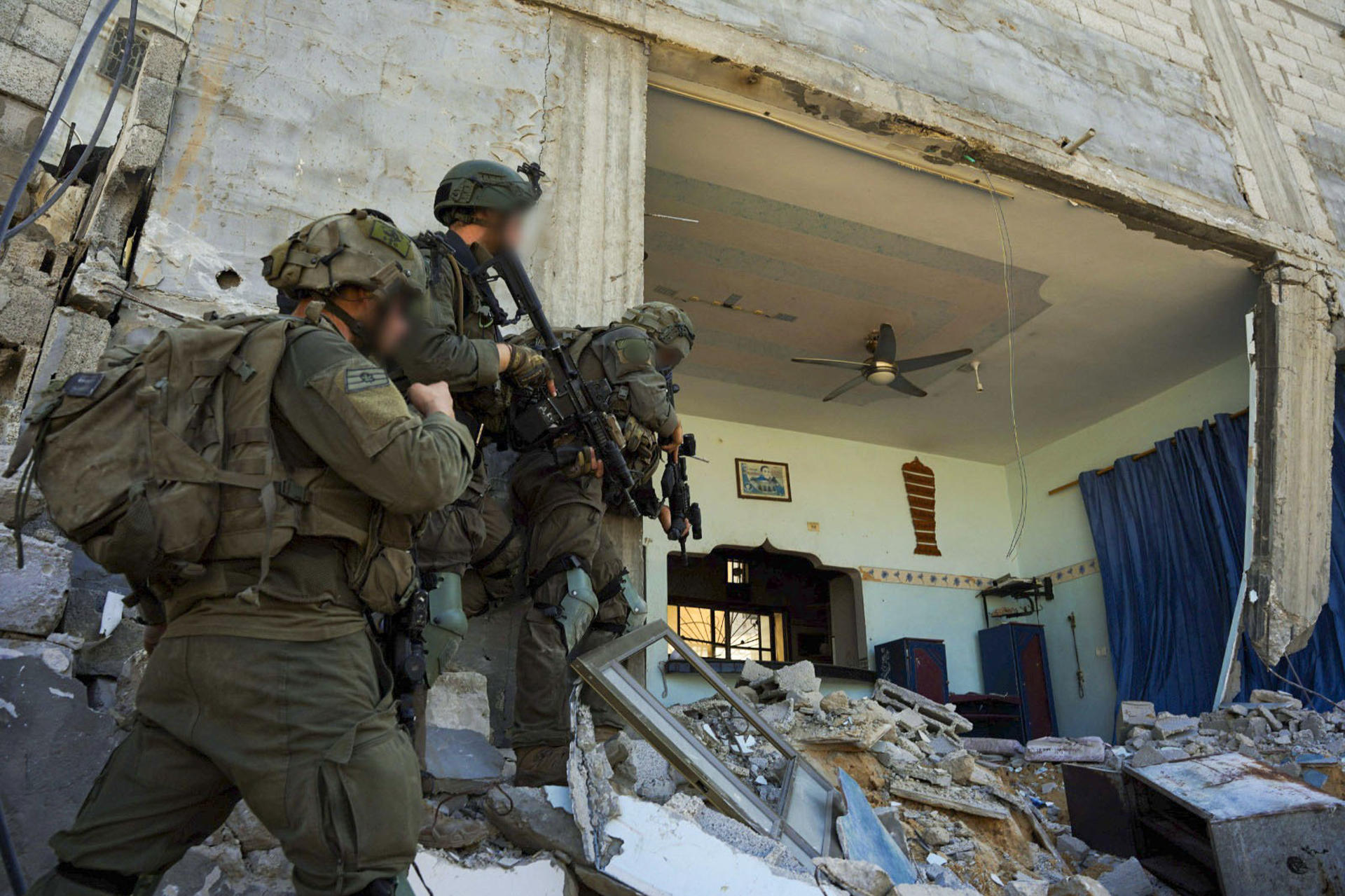The international community has stepped up efforts to reach a ceasefire agreement in the Middle East amid growing threats of all-out war. Israel and the Islamist group Hamas are facing intense pressure to negotiate a truce, while Iran and Hezbollah are threatening retaliation following recent assassinations of their leaders.
Israel announced on Friday that a delegation of negotiators will travel next Thursday to discuss the details of the implementation of a truce agreement with the terrorist group, Efe reported.
The United States, Egypt and Qatar, acting as mediators, have urged the resumption of talks in Doha or Cairo with the aim of closing all remaining gaps and implementing the agreement immediately, Efe reports.
Hamas, which recently appointed Yahya Sinwar as its new leader following the death of Ismail Haniyeh, has yet to respond to calls from mediators. International pressure to accept the truce continues to mount.
European diplomacy chief Josep Borrell and European Commission President Ursula von der Leyen have expressed their support for the ceasefire, saying it is crucial for de-escalation and the protection of lives.
Italy, Germany, Spain and Turkey, along with several Arab countries such as the United Arab Emirates, Oman, Iraq, Kuwait and Lebanon, have supported the efforts to cease hostilities.

However, some members of the Israeli right oppose the agreement. Finance Minister Bezalel Smotrich criticised the deal, especially for the proposal to release Palestinian prisoners in exchange for Israeli hostages. The White House called such criticism “outrageous”.
The conflict, which began on October 7 with a Hamas attack that left some 1,200 people dead and 251 abducted, has resulted in a devastating escalation. In Gaza, nearly 40,000 people have been killed, mostly children and women, with more than 90,000 wounded and 1.9 million displaced.
Mediators are seeking a truce that would allow humanitarian aid to enter Gaza and the release of the 111 hostages still held by Hamas, of whom at least 39 have died.
The situation on the border between Israel and Lebanon remains tense. Hezbollah has stepped up its attacks in solidarity with Hamas.
On Friday, two members of the Shiite group were killed in an Israeli airstrike on Naqoura, while Hezbollah claimed nine attacks against Israel. In addition, the Hamas leader in the Ain el Helu refugee camp in Lebanon was killed in an Israeli strike in Sidon.
Iran and Hezbollah have vowed retaliation for the killings of their leaders.
Hezbollah military leader Fuad Shukr was killed in an Israeli strike near Beirut on July 30, and Hamas political leader Ismail Haniyeh was killed in Tehran in an attack Iran blames on Israel.
In response, the Lebanese government has proposed an immediate de-escalation and urged the implementation of the UN Security Council resolution that ended the 2006 war.
Continue reading:
• Israeli army attacks Hezbollah positions in southern Lebanon
• Israel orders new mass evacuation in southern Gaza
• Israel claims responsibility for killing Hezbollah commander in southern Lebanon
